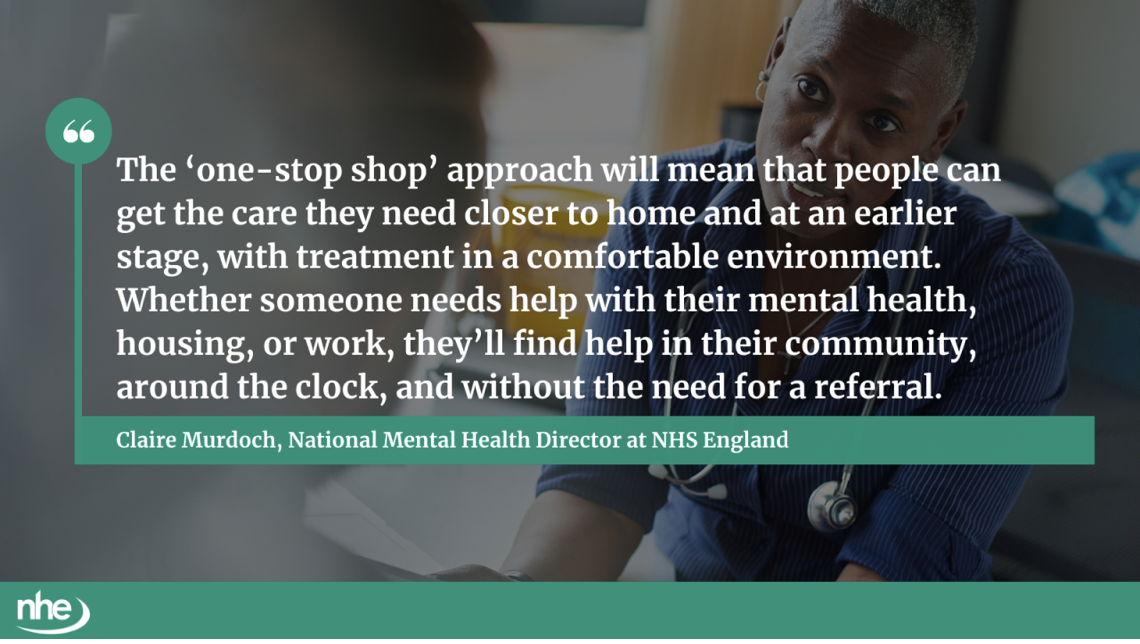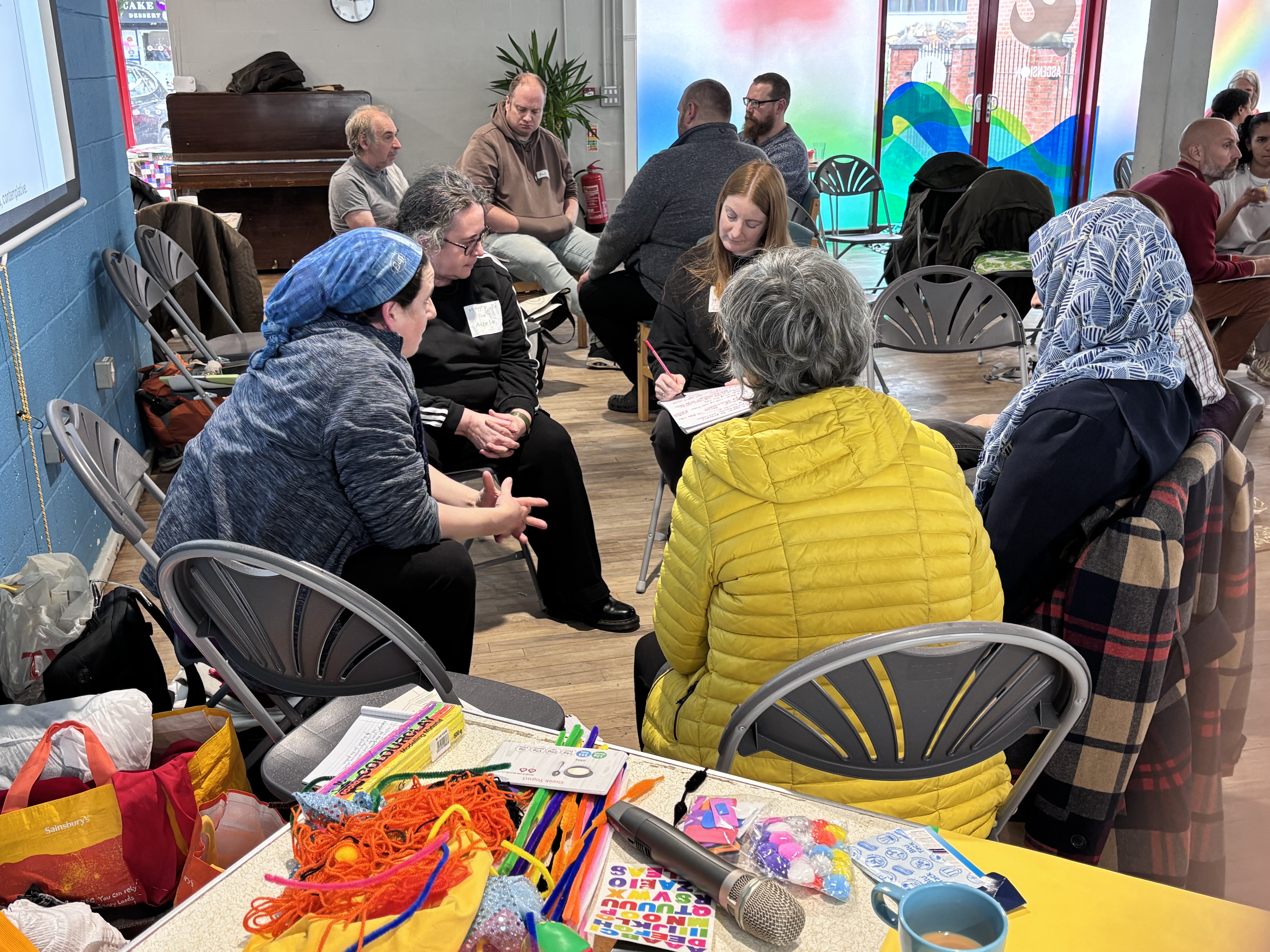
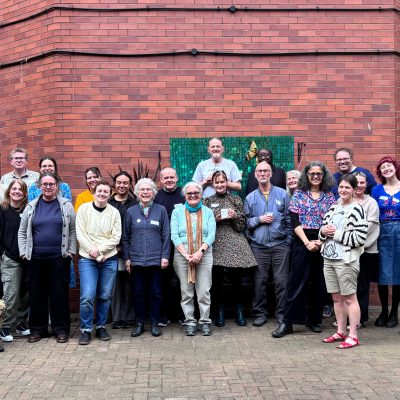
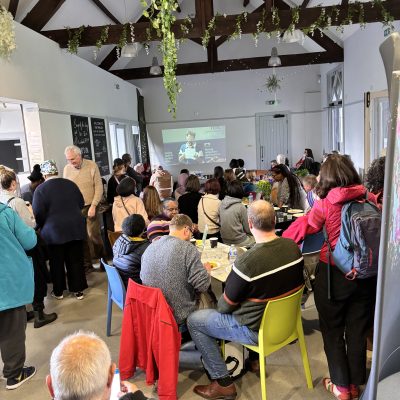
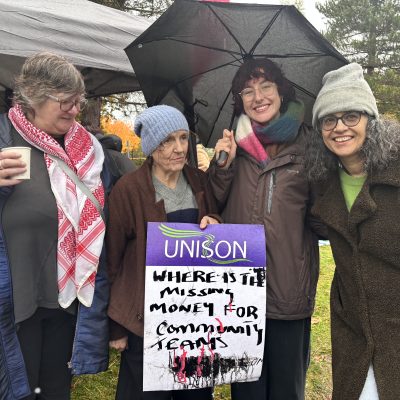


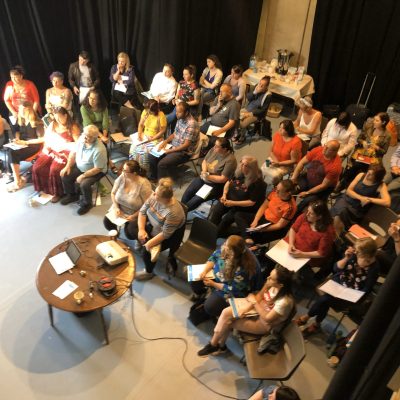

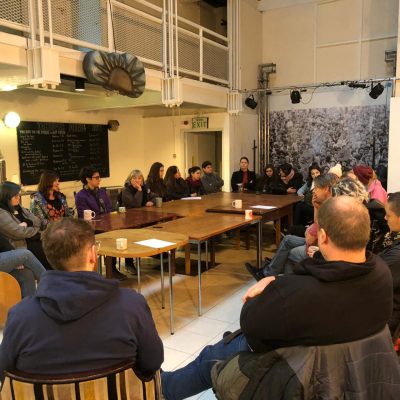

Keep up to date with all our latest news and events
Paranoia: gaining understanding of useful ways to support a person who experiences paranoia: Online event, Tuesday, March 3rd from 9am to 4pm
A workshop where participants will gain an understanding of useful...
Read MoreCHARM’s Hearing Voices Workshop, Online event, March 2nd from 9am to 4pm
Participants will gain an understanding of useful ways to support...
Read MoreAutism Central Expands Guidance to Support Families and Autistic People
Autism Central, a national peer-education programme, has expanded its range...
Read MoreConcern Over Possible Relocation of Mental Health Services from the Rawnsley Building, MRI: A Call for Clarity and Engagement
CHARM has received growing concerns from staff, carers, and service...
Read MoreManchester’s Mental Health Services at Breaking Point: What Families and Carers Need to Know
According to a reliable source Manchester’s community mental health services...
Read MoreCOMMUNITY BRIEFING: A New 24/7 Neighbourhood Mental-Health Centre – What It Means and Why Manchester Needs One
What’s happened? The NHS has opened the first-ever 24/7 Neighbourhood...
Read MoreCHARM Reflection on re-envisioning mental health care and Open-mic, October 3rd – 4th
Over the past year and more, a diverse network of...
Read MorePremature Deaths Among People with Severe Mental Illness in Manchester
Briefing: Premature Deaths Among People with Severe Mental Illness in...
Read MoreSHARE POWER: to prevent the abuse of power
CHARM and GMCDP’s Response to the Oliver Shanley Independent Report into GMMH
In January 2024 NHS England published their independent report into the abuses uncovered by the BBC Panorama programme at the Edenfield Secure Unit. Communities for Holistic Accessible Rights-based Mental Health (CHARM) and Greater Manchester Coalition of Disabled People (GMCDP) find that there are serious omissions in both the findings and recommendations in the report: “Independent Review into the care and treatment provided by Greater Manchester Mental Health NHS Foundation Trust” (January, 2024).
This Report Summarises our concerns.
Social Justice
Focusing on human rights and the social determinants which contribute to poor mental health, in order to better enable success for crisis services.
Join CHARM
Support our work - calling for radical changes in the way mental health support is provided in Manchester.
CHARM’s actions follow our strong value base that holds compassion, human rights and justice as the essential components of any health care system.
We meet every month to share information and to plan our campaigns and community building.
Campaigning
CHARM campaigns for radical changes in the way psychiatric services are provided in Manchester.
We’ve teamed up with people with lived experience, trade unions, family groups and citizens
Our mission is rooted in human rights and the empowerment of community.
Innovating
We support projects and research to further our central values of compassion, community, human rights and holistic approaches to mental health.
We are asking these questions
“How can mental health practitioners and services switch to social and relationship-based support (away from biomedical approaches)?”
“How we can recognise the importance of and act on the social determinants of mental ill health? How we can address social justice and human rights within society?”
Mental Health Trust Watch
Monitoring media coverage of mental health.
There is growing evidence of systemic problems that have led to tragic outcomes.
Our intention is to be able to identify issues and concerns across the services and we do this through monitoring media coverage of mental health services in our City Region.





